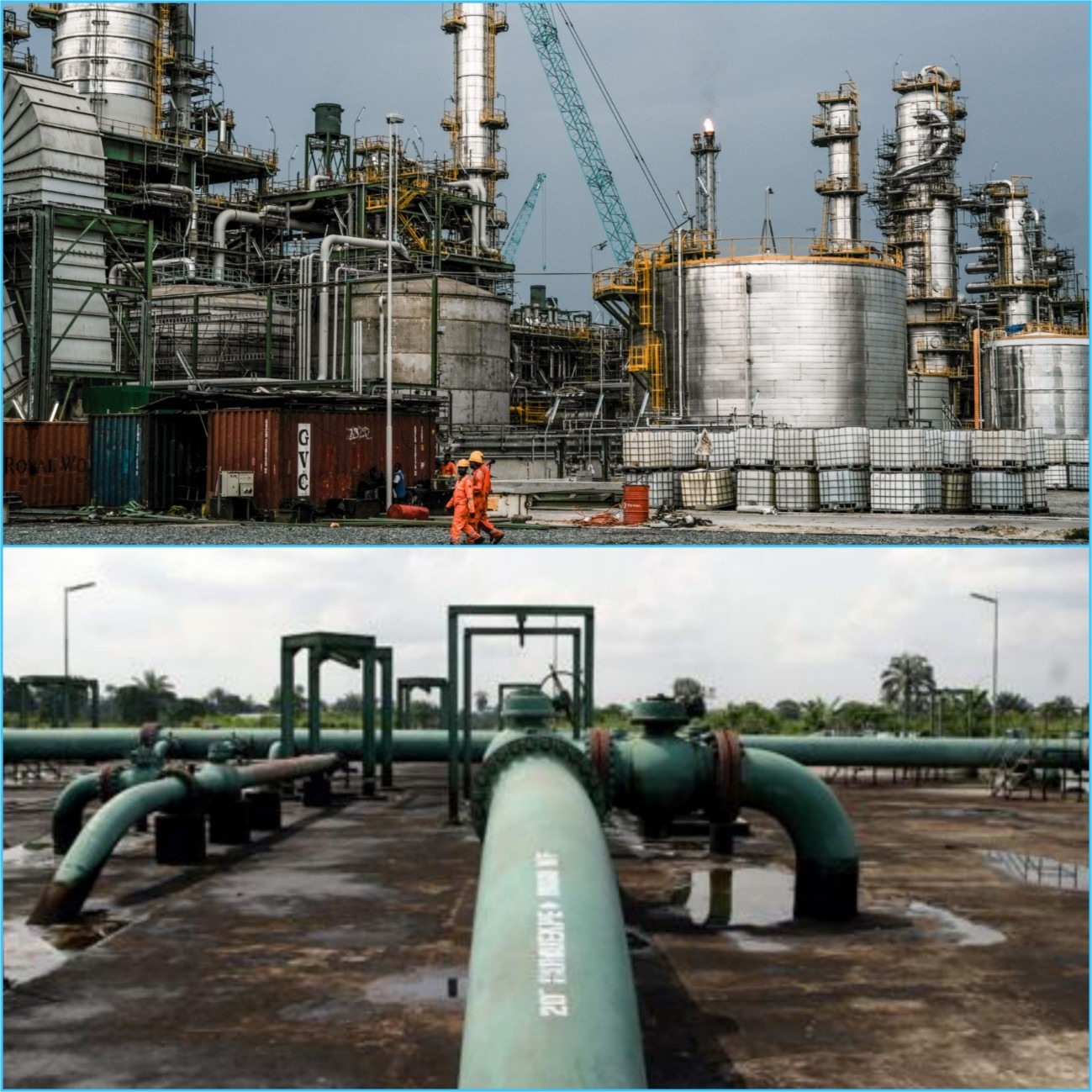Chief Executive of the Nigerian Upstream Petroleum Regulatory Commission (NUPRC), Gbenga Komolafe, has underscored the need for collaboration among stakeholders in Nigeria’s oil and gas industry value chain, saying it is key to boosting production.
Join our WhatsApp ChannelThe NUPRC chief executive made the call on Wednesday when met with industry operators and service providers on ways to harness Nigeria’s 1.6 billion heavy crude oil reserves.
According to him, out of the 1.6 billion heavy crude oil reserves, only 5 per cent is currently developed.
He spoke on the theme: “Entrenching Accelerated Development of Petroleum Prospecting Licenses (PPL) Assets and Heavy Crude Reserves Through Strategic Partnerships with Technology Drivers and Industry Service Providers.”
He said that unlocking the full potential of Nigeria’s oil fields requires strategic partnership and collaboration among players in the industry’s value chains.
“We all have a role in ensuring sustainable value creation from Nigerian petroleum resources. As stakeholders, oil field owners must provide clear and consistent project objectives, facilitate open communication and data sharing, and champion innovation and technological advancements,” Komolafe stated.
“Service providers must be ready to provide innovative solutions and technologies as well as offer technical expertise and support to oil field owners while also collaborating with them and the regulator,” he added.
He said heavy crude oil is part of Nigeria’s valued hydrocarbon resources but yet to be effectively harnessed. According to him there is need for concerted efforts by all stakeholders to efficiently develop it, adding that it would improve energy security, create more jobs, and boost economic growth.
“Heavy crude oil, often characterised by its high density and viscosity, presents a significant opportunity for Nigeria’s energy sector.
READ ALSO: Nigeria’s Oil Production Drops To 1.2mbpd Despite Government Claims- OPEC
“Available records reveal that as of January 1, 2024, Nigeria’s heavy crude reserves stood at about 1.67 billion barrels. 62 per cent of this volume is proven while 38 per cent is unproven. 71 per cent of the total reserves are domiciled in acreages operated by NEPL, 12 per cent in IOC-owned acreages, and 17 per cent are found in other operating companies’ acreages.
“In terms of terrain, we have 78 per cent onshore, 3 per cent at swamp, and 19 per cent offshore. Despite this huge volume, the quantum of heavy crude oil reserves developed in Nigeria is just about 5 per cent. As a result, there is a need for a concerted effort to improve value delivery from this segment of the petroleum spectrum, which will ultimately lead to energy security, job creation, and economic growth,” NUPRC boss stated.
Komolafe, however, stated that the development of heavy crude is not without challenges, as it has high viscosity, therefore, requiring sophisticated extraction and processing techniques.
He went on to say that heavy crude’s high sulfur content causes more greenhouse gas emissions during production, which is concerning for the environment.
There are light, medium and heavy crude oils, with heavy crude being highly viscous and cannot easily flow from production wells under normal reservoir conditions.
Komolafe, however, explained that irrespective of these challenges, Nigeria can effectively develop its heavy crude resources by deploying the right strategies, investing in research and development to adopt innovative extraction and processing technologies that focus on reducing the environmental impact and improving the efficiency of heavy crude production.
He noted that the upstream sector has some challenges, including declining oil production, aging infrastructure, and vandalism among others.
Komolafe explained that with stakeholder collaboration, the challenges can be overcome.
“By working together, oil field owners, service providers, and the regulator can optimise resource utilisation, enhance operational efficiency, accelerate technological adoption, and improve regulatory compliance,” he said.
He assured that as a regulator, NUPRC will continually foster a favourable regulatory environment, leverage technology and support Research and Development (R&D) initiatives.
Victor Ezeja is a passionate journalist with six years of experience writing on economy, politics and energy. He holds a Masters degree in Mass Communication.



















Follow Us